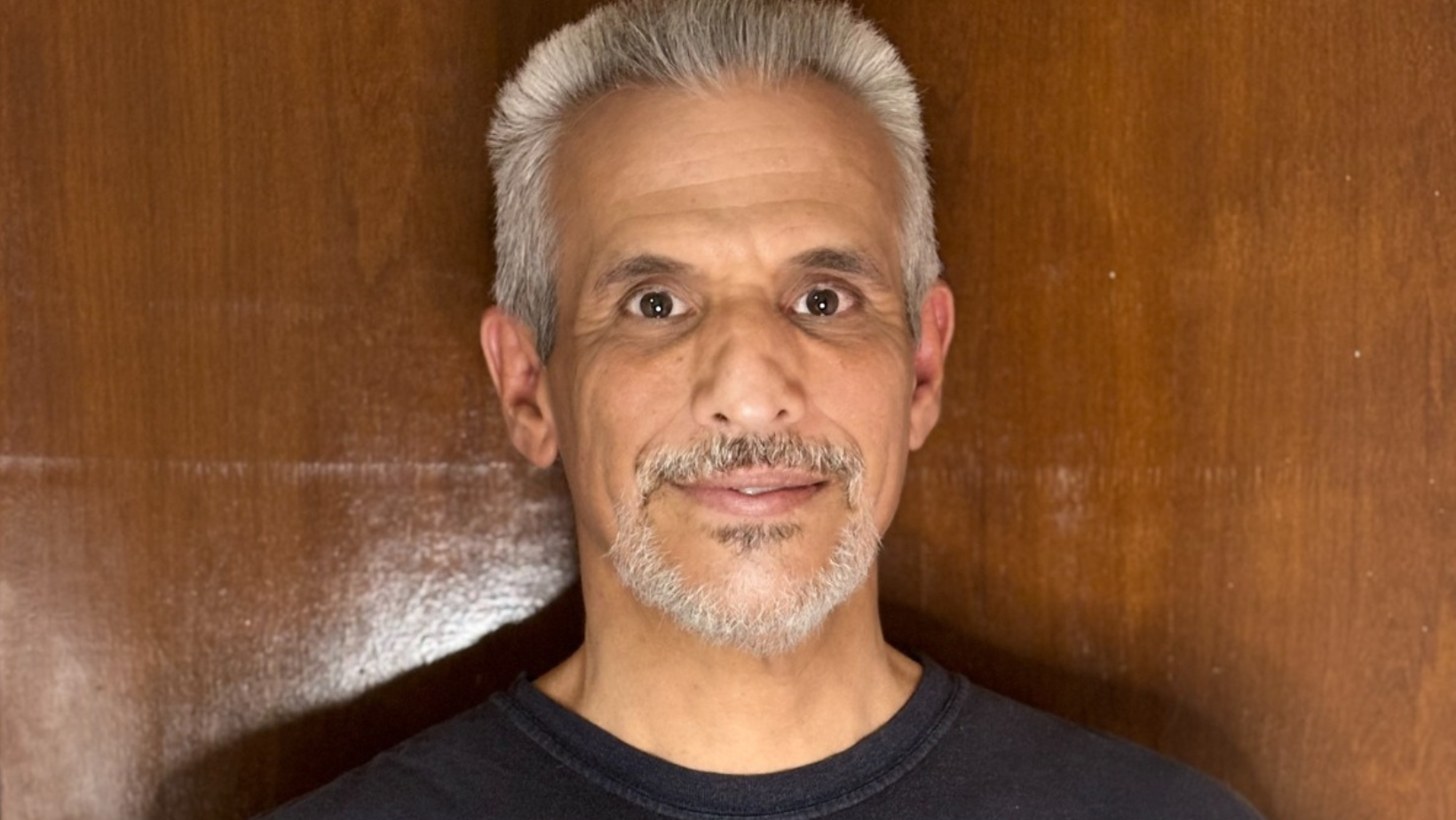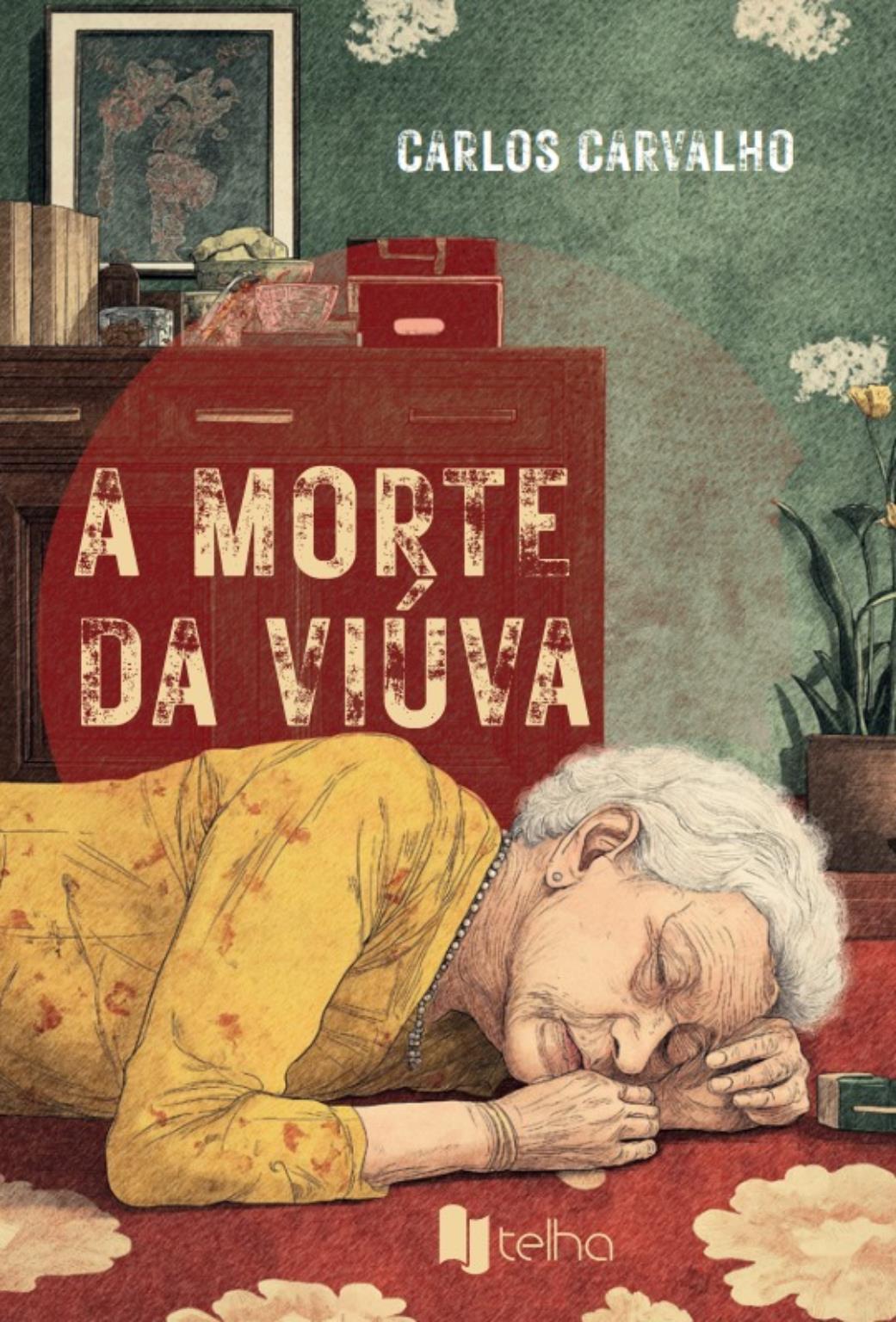
Family intrigue, unbridled ambition and a crime without immediate answers are the pillars of “A Morte da Viúva” (Ed. Telha), the latest crime novel by journalist and writer Carlos Carvalho . In the plot, Police Chief Luciano faces a complex enigma: the death of Dona Marieta, an upper-middle-class woman from Rio de Janeiro, in an apartment with no signs of forced entry or robbery. With suspicions falling on the victim’s own family, the book combines suspense and a hard-hitting reflection on human greed.
Family intrigues and mysterious crimes always fascinate the public. In the case of “The Widow’s Death,” how did you build the dynamics between the members of Dona Marieta’s family so that readers would engage with the suspects and their possible motives?
The idea was to create an environment of intrigue, where money was the central point, which drove the actions and decisions of the entire family and which could lead any of them to take extreme measures to preserve their good living conditions. Making it clear to the reader that everyone was a suspect, without exception.
Police Chief Luciano has a very critical view of human nature. What was it like to bring this character to life? Do you feel that you share this view of the human capacity to commit extreme acts out of greed?
Yes, I share Officer Luciano’s view. I think there are human beings capable of the noblest gestures, but on the other hand, there are people capable of the greatest atrocities out of greed. This is the dichotomy that surrounds human nature and that I wanted to put into my books when I created the character.
The crime scene is described as an apartment with no signs of forced entry and nothing stolen. How do you approach the challenge of creating subtle clues that keep the reader’s attention, without giving away the outcome too soon?
I think that this is the great challenge of creating a detective story: you build a plot where you introduce the suspects and provide some clues in order to create the reader’s expectation of the outcome. You can’t reveal all the clues at once, but you also can’t withhold information from the reader. You need to find a balance between the information you provide and the outcome of the work, which needs to surprise.
Your passion for Agatha Christie’s mysteries is evident throughout your career. What was the biggest lesson you learned from her works and how does this reflect on the way you write your detective novels?
I’m a big fan of Agatha Christie, because of the way she built a plot, creating possibilities and making the search for the culprit grow in intensity as the story progressed, until the invariably surprising outcome. She was a master at creating these narratives. The biggest lesson I learned from her books is to create and maintain suspense, by creating a concise story, without beating around the bush. This is exactly the way I try to work my stories.

The book explores the limits of human perversity. Is there any real case or personal experience that inspired you to explore this theme so deeply in your works?
No, the work is purely fictional. My goal is to create stories that are completely fictional, but that could very well have happened. These are narratives that could be in the headlines of those programs that report on urban violence on a daily basis.
You have written other crime novels that have been acclaimed by readers and literary influencers. How does “The Widow’s Death” differ from your previous books, both in terms of plot and character approach?
For me, every story should be unique and different, just like in our lives, one day is never the same as the next. So, characters like Officer Luciano face their transformations just like we all do in our daily lives. The goal is always to create a dense, succinct and surprising narrative, this will always be my challenge with each new book, I always want to surprise my readers with my stories.
As a journalist and writer, you have a keen eye on society and its dilemmas. What do you hope readers will reflect upon after reading “The Widow’s Death,” in addition to being entertained by the mystery?
I think that this is one of the writer’s responsibilities, to invite the reader to reflect on the most varied themes that permeate our society. Detective novels deal with death and murder, so the reflection is always on the perverse side of the world and people. In the case of “The Widow’s Death,” the biggest reflection I want to leave is on family relationships and the limits that each person places on their actions for power and money.
Follow Carlos Carvalho on Instagram


